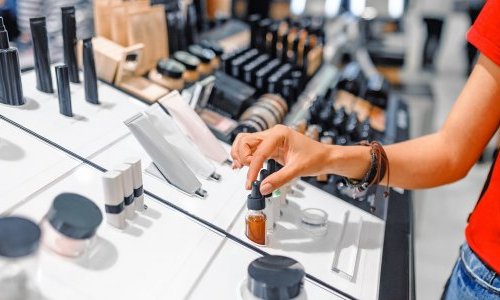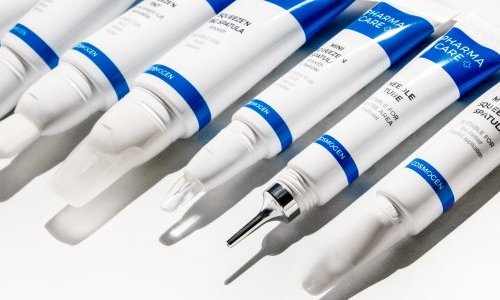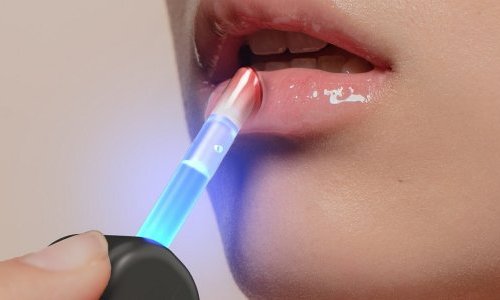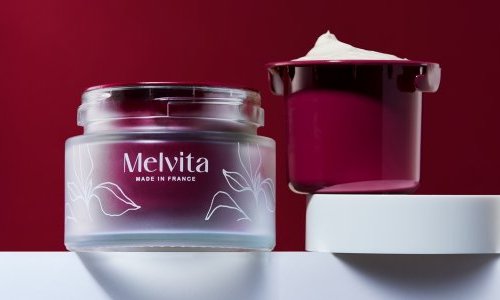Conducted by the European Network of Official Cosmetics Control Laboratories (OCCLs) the market surveillance study was part of the Council of Europe’s effort to assess compliance of cosmetic products with European legislation governing their safety, labelling and claims. In total, 932 samples of cosmetics, such as skin, hair and lip care products, as well as deodorants and perfumes, were collected in eight European countries between 2018 and 2020. The sampled products had been manufactured in 34 different countries, with the majority (85%) manufactured in Europe. Of these, 544 samples were marked “perfume-free” (or a similar statement).
The overall compliance of products tested in this market surveillance study was 80% but it fell to 59% for perfumes.
Incorrect labelling of fragrance allergens
All samples were tested for the presence of 24 allergenic fragrance compounds [1]. Results showed that 7.7% of samples were non-compliant with legislative requirements due to a missing or false declaration of allergenic fragrance compounds and 2.3% due to claims that the authorities considered misleading.
Furthermore, 3.1% [2] of products marketed as “perfume-free” contained allergenic fragrance compounds.
Linalool, benzyl alcohol and limonene were the most frequent sources of non-compliance.
A variety of other problems
The study also found 12.7% of non-compliant samples for other reasons than the analysis of allergenic fragrance compounds.
Most of the problems were linked to wrong labelling or unauthorised claims. Missing or wrong notifications in the CPNP portal were also identified. Preservatives not in accordance with Annex V of Regulation (EC) No 1223/2009 (iodopropynyl butylcarbamate, methylisothiazolinone), high content of cadmium or low molecular weight mineral-oil compound in lip-care products accounted for further objections.
Two products (0.2%) were assessed as unsafe products, one due to the prohibited use of iodopropynyl butylcarbamate in a body lotion and one because of microbiological contamination.
According to the EDQM, there was no significant difference in the non-compliance levels within the different European countries included in the study.
“Ensuring compliance of cosmetic products is key to avoiding potential health risks. The problems revealed by this study demonstrate the continuing need for close co-operation between Official Cosmetics Control Laboratories, in the interest of public health in Europe,” commented Susanne Keitel, Director of the EDQM.




























